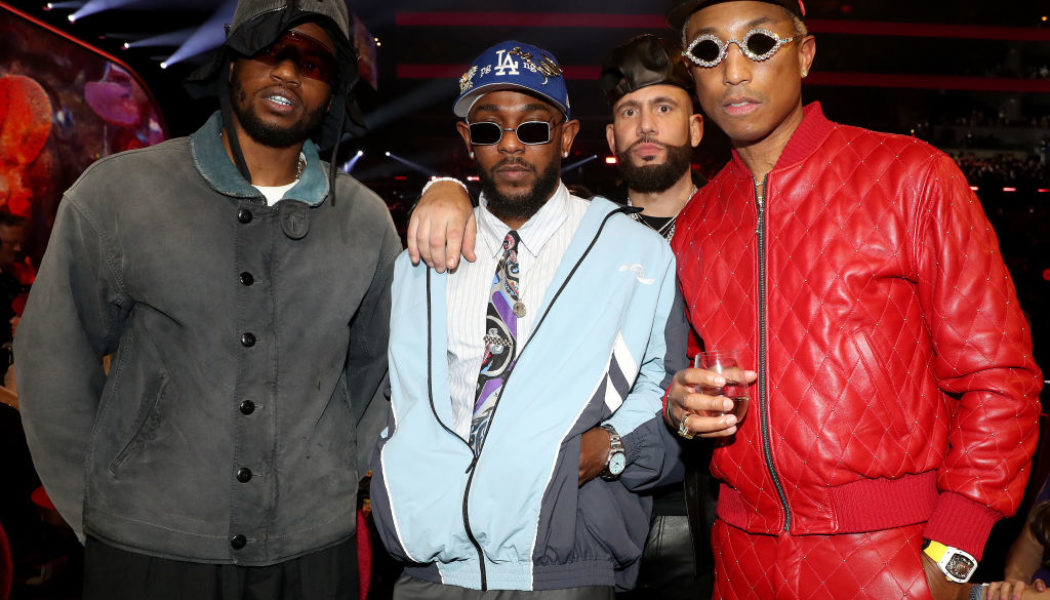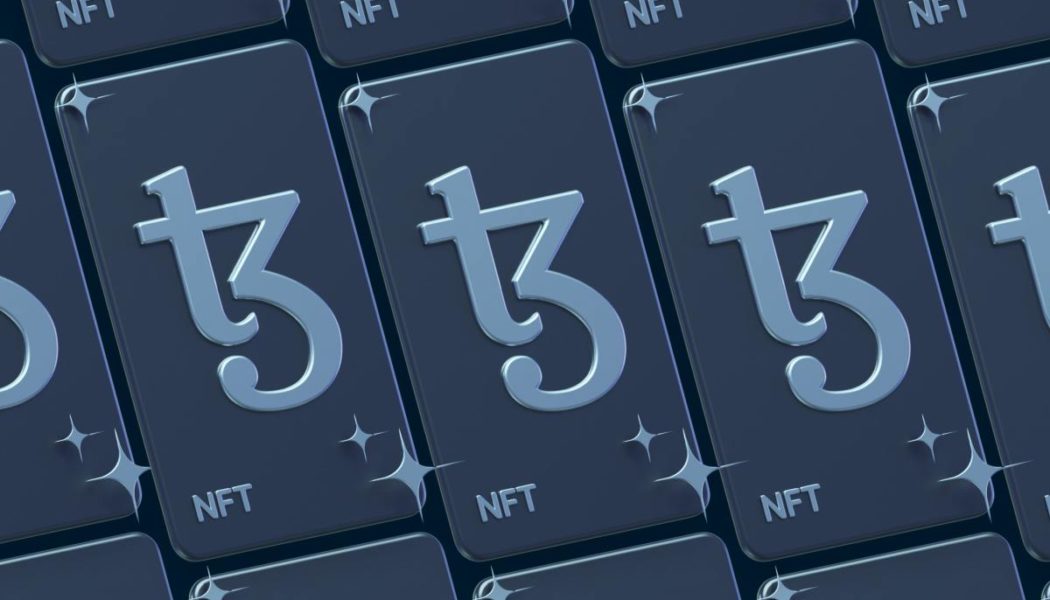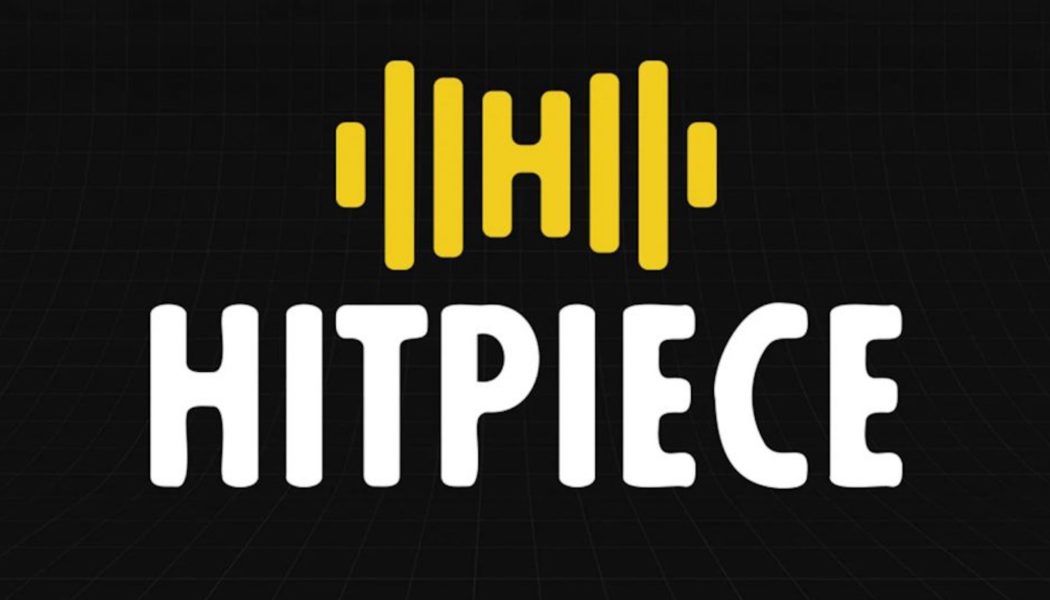RIAA
U.S. Music Revenue Takes In $15.9 Billion In 2022, An All Time Record
The music industry continues to thrive and prosper. Last year music revenue took in nearly $16 billion in revenue. As per Variety the RIAA recently released 2022 Year End Report. Recorded music revenues in the U.S. in 2022 continued to grow for the seventh consecutive year. Total revenues grew 6% to a record high $15.9 billion […] The post U.S. Music Revenue Takes In $15.9 Billion In 2022, An All Time Record appeared first on The Latest Hip-Hop News, Music and Media | Hip-Hop Wired.
RIAA Raises Concerns Over Digital Music Services Enabling A.I. Piracy
The Recording Industry Association of America (RIAA) is sounding the alarm on the potential for A.I. piracy as the technology begins to proliferate throughout the field of music tech. The emerging prominence of A.I. extractors, mixers and more raises some intriguing questions around creator ethics. Can artificial intelligence infringe upon someone’s copyright? Furthermore, is A.I.-generated content in itself copyrightable? While those questions linger, the RIAA is proactively taking a strong stance against multiple branches of A.I.-generated content. In its most recent report to the U.S. Trade Representative, the RIAA takes aim at a few specific digital services designed with the intent to use existing copyrighted materials to create derivative works. “There are online services that,...
Streaming Is Growing — Just Not Like It Used To: 5 Takeaways From the RIAA Mid-Year Report
The music subscription market, the driving force behind the U.S. recorded music industry’s six-year growth streak, posted another gain in the first half of 2022, according to RIAA midyear figures released Wednesday (Sept. 21). But revenue from paid services such as Spotify, Apple Music and YouTube Music have slowed from earlier break-neck paces. After rising at double-digit growth rates in recent years, subscription revenue grew by only 9.4% in the first half of 2022, down from 11.3% at the mid-point of 2021 and 13.7% at the mid-point of 2020. The $387.6 million increase, to $4.5 billion, was less than half of the $823.5 million reported a year earlier, a period in which streaming services surged during the early pandemic’s lock-down periods and strict restrictions. Still, subscription rev...
The FAIR Act to Repeal California’s ‘Seven-Year Statute’ Amendment Fails in the State Senate
The major record companies emerged victorious as the Free Artists From Industry Restrictions (FAIR) Act failed to pass out of the California State Senate’s Judiciary committee on Tuesday (June 28) in Sacramento. The Fair Act, also known as AB Bill 983, received four votes, two short of the six needed to reach a majority from the 11-member committee. The bill was the latest effort to repeal a 1987 amendment to California’s “Seven-Year Statute” (a.k.a. California Labor Code Section 2855). That amendment allows record labels to sue artists for damages (including potential lost revenue) if they leave after seven years but before delivering the required number of albums in their contract. Though the committee addressed the bill early in the afternoon, it took until the conclusion of the 13...
Songwriters May Get a 32% Increase In Mechanical Royalties for Downloads and Physical Products
The Copyright Royalty Board has reportedly been asked by major rights holders and publishers to increase mechanical royalties for physical products by 32%. This increase would raise the mechanical royalty rate from 9.1 cents to 12 cents per track for physical products (CDs, vinyl), downloads, ringtone, and music bundles, per Variety. The 9.1 cents rate was set back in 2008 at the beginning of the Phono IV process, which involves royalties for both physical and digital formats. Supporters of the motion to the CRB, who requested an increase to 15 cents, included major label members of the Recording Industry Association of America (RIAA), the National Music Publishers Association (NMPA), and the Nashville Songwriters Association International (NSAI). It would mark a major win for songwri...
Latin Music US Recorded Revenue Hits Record $886M in 2021: RIAA
Latin music continued its relentless expansion path in the U.S. last year, with recorded revenues reaching $886 million, according to a year-end report released by the RIAA Tuesday (April 12). That’s the highest figure ever for Latin music before adjusting for inflation and marks overall revenue growth of 35% compared to 2020 — far outpacing the 23% growth rate seen in the overall U.S. music market, as previously reported by the RIAA. “With growth of 35% – far surpassing the overall growth rate for recorded music revenues – Latin music is connecting with fans in a historic way,” said RIAA COO Michèle Ballantyne in a statement included in the report. The 2021 numbers mark the sixth consecutive year of double-digit growth in revenue for Latin music, which is defined as music recorded predom...
FAIR Act Bill to Repeal California’s ‘Seven-Year Statute’ Amendment Wins First Committee Vote
The Free Artists From Industry Restrictions (FAIR) Act passed out of the California State Assembly’s Labor & Employment Committee on Wednesday (March 30) after a 4-2 vote in favor of the legislation. The bill now moves to the Assembly’s Committee on Arts, Entertainment, Sports, Tourism and Internet Media for an April 19 hearing and vote. Introduced by Assemblymember Ash Kalra (D-San Jose) in February, the FAIR Act — also known as Assembly Bill 2926 — would repeal a 1987 amendment to California’s “Seven-Year Statue” (a.k.a. California Labor Code Section 2855) that allows record labels to sue artists for damages if they leave after seven years but before delivering the required number of albums in their contract. The Seven-Year Statute, which limits personal services contracts for state ...
Eminem Makes History as Most-Certified Artist For Singles in RIAA Gold & Platinum Program History
The Recording Industry Association of America crowned Eminem a Diamond King on Tuesday (March 8) when it announced that Marshall Mathers had reached yet another gilded career high when he became the number-one awarded musician for singles in the RIAA’s Gold & Platinum certifications program thanks to 73.5 million new certifications. Explore See latest videos, charts and news “These awards recognize Eminem’s unflinching commitment to his craft and the enduring connection he has forged with fans over the last twenty years,” said RIAA Chairman/CEO Mitch Glazier in a statement. “With today’s announcement, Eminem becomes the top certified singles artist in our program’s history and adds a rare third Diamond Album to his many creative accomplishments. Congratulations to Eminem and his entire...
US Trade Rep Identifies 7 Online Platforms as Significant Threats to Music Creators
A U.S. government report highlighted the ongoing challenges that piracy poses to creators around the world, including from seven online platforms that pose significant threats in the music realm. The Office of the U.S. Trade Representative (USTR), in its 2021 Review of Notorious Markets for Counterfeiting and Piracy released Thursday (Feb. 17), identified 42 online markets and 25 physical markets that reportedly engage in or facilitate significant trademark counterfeiting or copyright piracy. The 2021 findings reflect a slight improvement over the 2020 report, which identified eight online threats to music creators. Last year’s list includes all the same sites listed this year in addition to Russian social media site VK. While VK is still listed in the 2021 report for its popularity in the...
RIAA Slams “Scam Operation” HitPiece, Urges NFT Website to Permanently Shutter
HitPiece may have endured the shortest lifespan of any NFT platform thus far, but the implications of its brief existence are still unraveling. Co-founded by entrepreneurs Rory Felton and Jeff Burningham, HitPiece leveraged Spotify’s API in order to list thousands of NFTs for sale corresponding to singles from innumerable different artists. The site quickly caused a stir when artists spoke up on social media en masse, claiming no one from HitPiece had consulted them in regards to monetizing their content in NFT format. The swift rebuke caused HitPiece to take down their site as quickly as it popped up, though they suggested the move is merely a temporary measure. Today, all that remains of the marketplace is a note on the site’s homepage: “We started the conversatio...
RIAA Threatens Legal Action Against NFT Platform HitPiece, Calls It ‘Outright Theft’
A new NFT platform called HitPiece launched a beta site this week. The site was selling thousands of song and album artwork NFTs; however, created them using information from Spotify’s API without permission from the artists or their record labels. Unsurprisingly, this caused outrage in the music community, and now the RIAA is threatening legal action, calling HitPiece’s actions “outright theft.” As Billboard reports, the RIAA sent HitPiece a demand letter on behalf of major labels, claiming intellectual property rights infringement. “As you are no doubt aware, your clients, through the HitPiece website, have been engaged in the systematic and flagrant infringement of the intellectual property rights of the Record Companies and their recording artists on a massive scale,” RIAA se...
Twitch Nearing Licensing Deal With RIAA and NMPA After Prolonged Conflict
For over a year, Twitch has been engrossed in a well-documented war with the music industry over its approach to licensing—or perhaps a lack thereof—on its platform. Now, according to sources close to the US National Music Publishers Association, the Amazon-owned video streaming service is finally close to reaching an amicable deal with licensing stakeholders. Last year, the Recording Industry Association of America (RIAA) and the National Music Publishers Association (NMPA) flooded the platform with DMCA takedown notices, sparking fears of potentially sweeping permabans among Twitch streamers. In response, Twitch acted quickly to roll out “Soundtrack By Twitch,” a tool designed to provide users with a pre-cleared catalogue of music for the...
- 1
- 2























